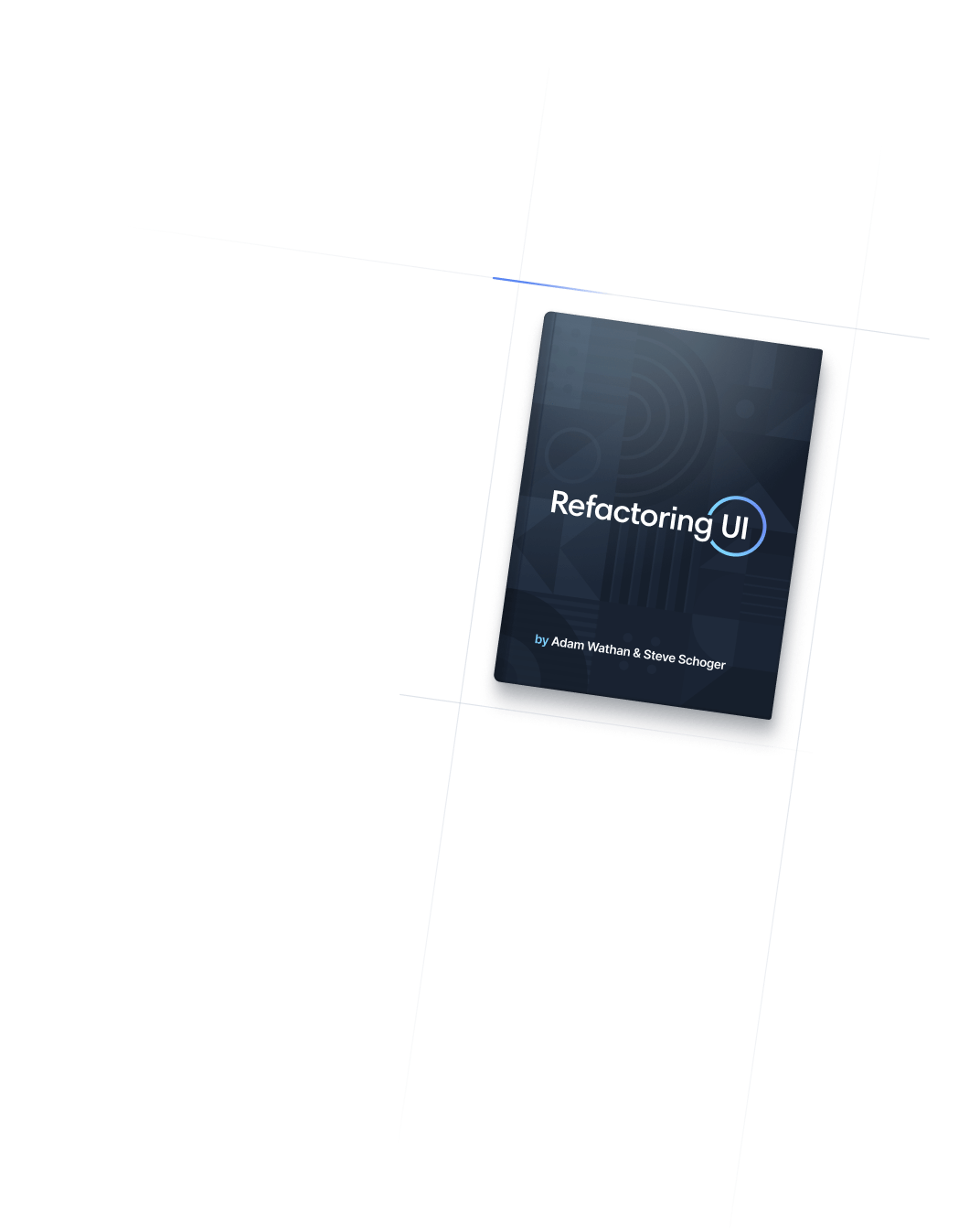
- Typography
- Letter Spacing
Typography
Letter Spacing
Utilities for controlling the tracking (letter spacing) of an element.
Quick reference
Basic usage
Setting the letter spacing
Control the letter spacing of an element using the tracking-{size} utilities.
The quick brown fox jumps over the lazy dog.
The quick brown fox jumps over the lazy dog.
The quick brown fox jumps over the lazy dog.
<p class="tracking-tight ...">The quick brown fox ...</p>
<p class="tracking-normal ...">The quick brown fox ...</p>
<p class="tracking-wide ...">The quick brown fox ...</p>Using negative values
To use a negative letter-spacing value, prefix the class name with a dash to convert it to a negative value.
Using negative values doesn’t make a ton of sense with the letter-spacing scale Tailwind includes out of the box, but if you’ve opted to customize your letter-spacing scale to use numbers instead of descriptive words like “wide” the negative value modifier can be useful.
<p class="-tracking-2">The quick brown fox ...</p>module.exports = {
theme: {
letterSpacing: {
'1': '0em',
'2': '0.025em',
'3': '0.05em',
'4': '0.1em',
}
}
}Applying conditionally
Hover, focus, and other states
Tailwind lets you conditionally apply utility classes in different states using variant modifiers. For example, use hover:tracking-wide to only apply the tracking-wide utility on hover.
<p class="tracking-tight hover:tracking-wide">
<!-- ... -->
</p>
For a complete list of all available state modifiers, check out the Hover, Focus, & Other States documentation.
Breakpoints and media queries
You can also use variant modifiers to target media queries like responsive breakpoints, dark mode, prefers-reduced-motion, and more. For example, use md:tracking-wide to apply the tracking-wide utility at only medium screen sizes and above.
<p class="tracking-tight md:tracking-wide">
<!-- ... -->
</p>
To learn more, check out the documentation on Responsive Design, Dark Mode and other media query modifiers.
Using custom values
Customizing your theme
By default, Tailwind provides six tracking utilities. You can change, add, or remove these by editing the theme.letterSpacing section of your Tailwind config.
module.exports = {
theme: {
letterSpacing: {
tightest: '-.075em',
tighter: '-.05em',
tight: '-.025em',
normal: '0',
wide: '.025em',
wider: '.05em',
widest: '.1em',
widest: '.25em',
}
}
}
Learn more about customizing the default theme in the theme customization documentation.
Arbitrary values
If you need to use a one-off letter-spacing value that doesn’t make sense to include in your theme, use square brackets to generate a property on the fly using any arbitrary value.
<p class="tracking-[.25em]">
<!-- ... -->
</p>
Learn more about arbitrary value support in the arbitrary values documentation.

